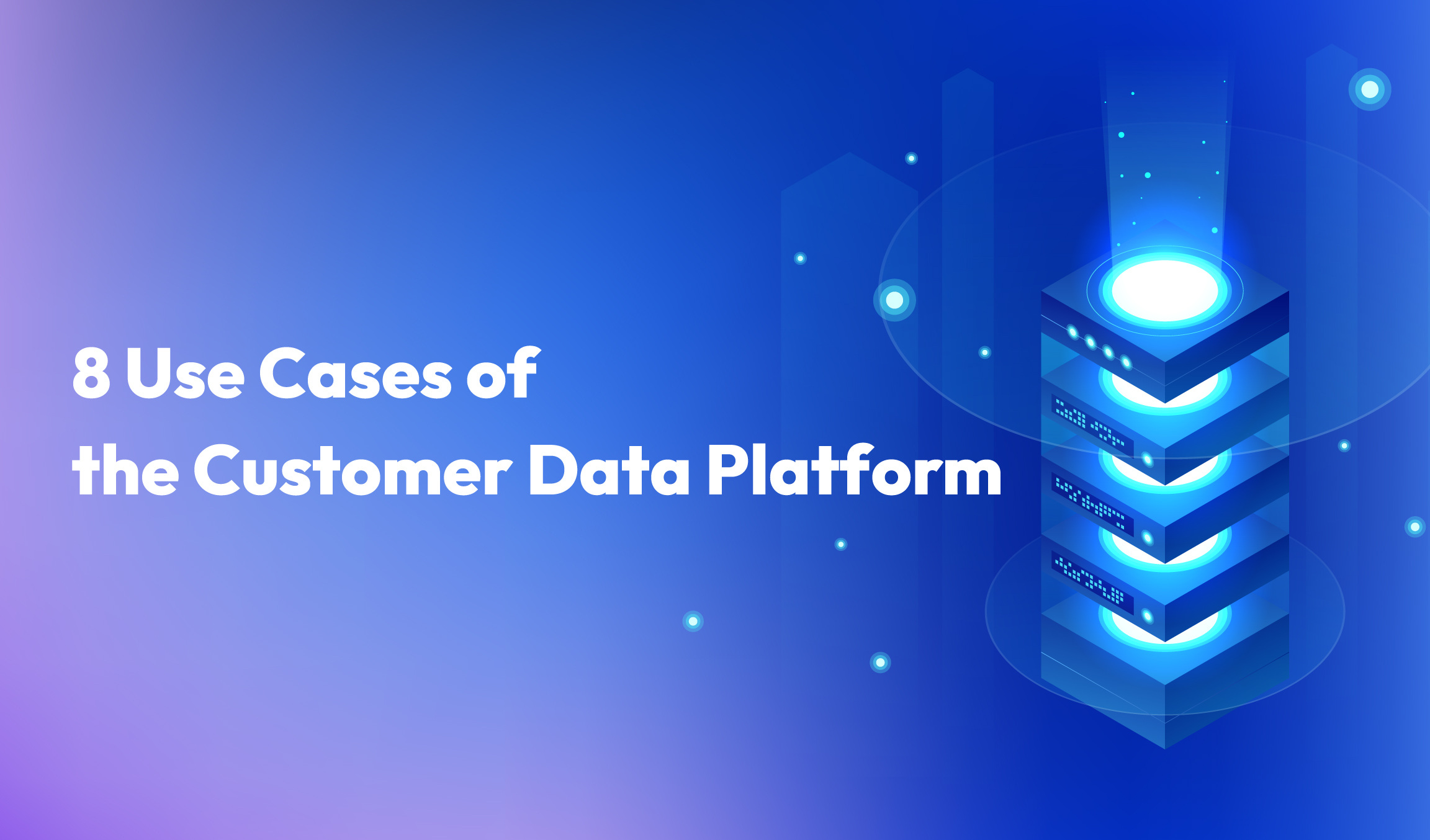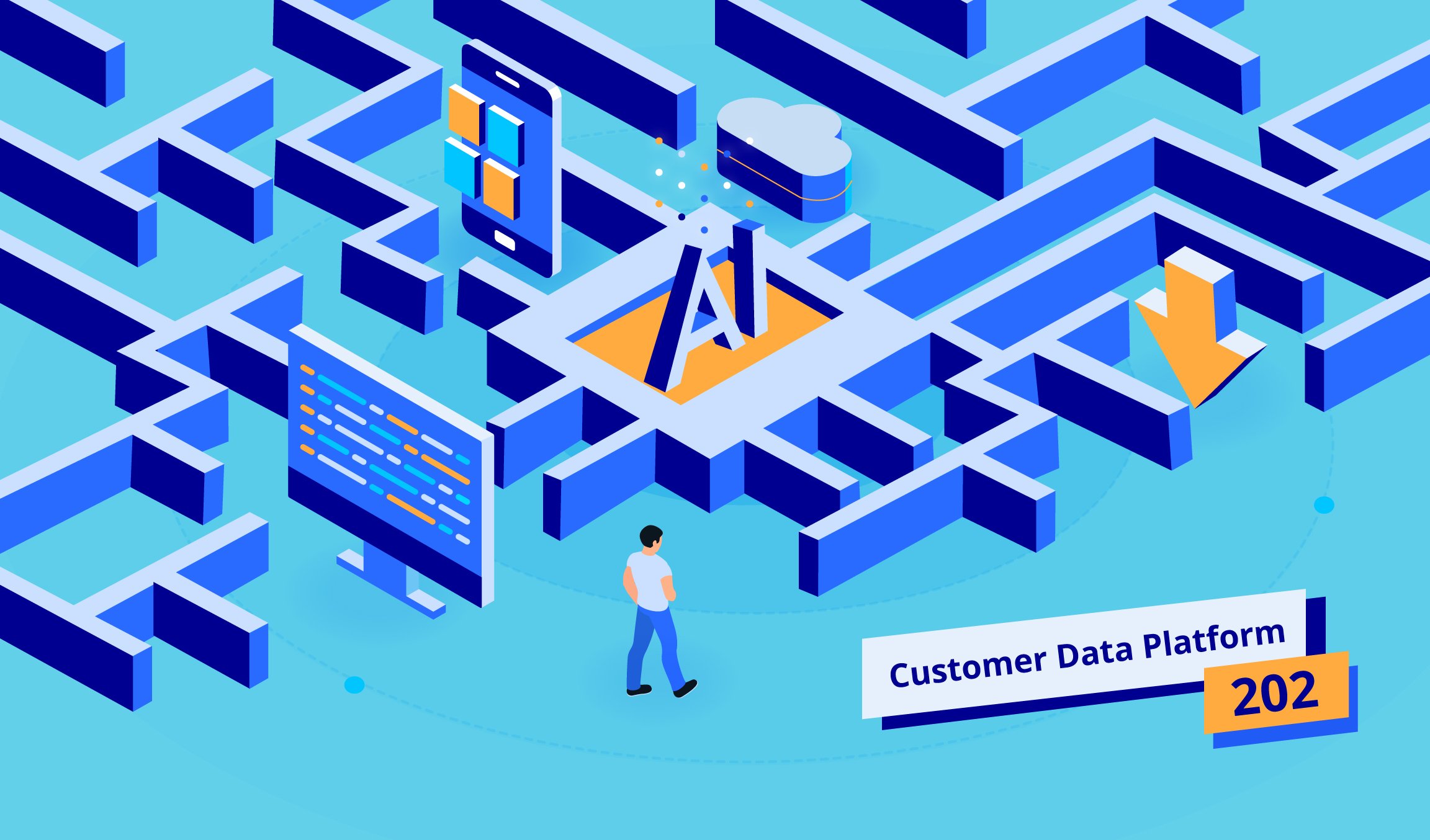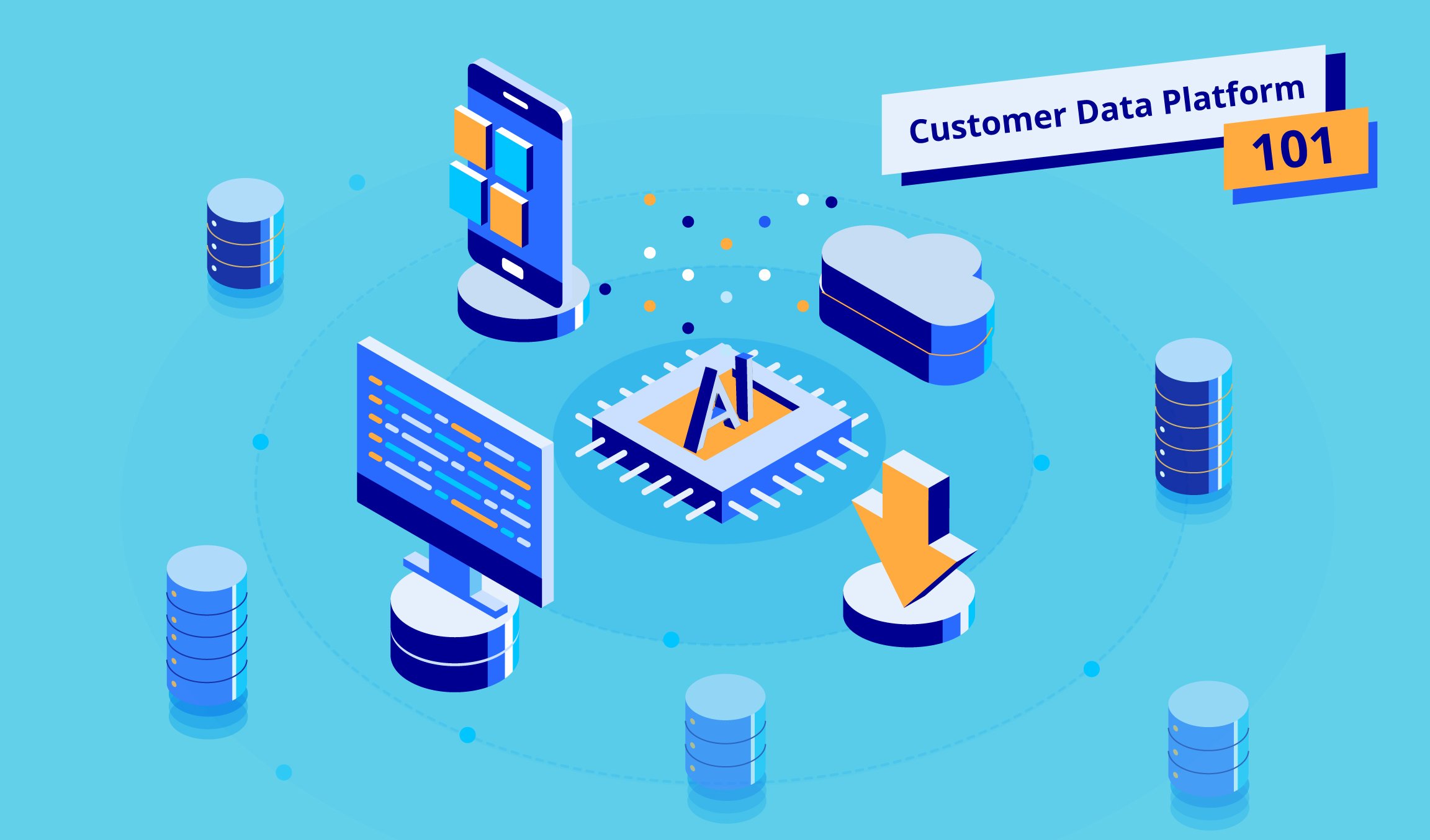5 min read
Major industry analysts say the use of AI technologies reached an inflection point in 2017, and Appier agrees. In October 2017 Deepmind announced that the AlphaGo Zero AI learned how to play the game go without referencing any previous games, and yet was able to beat its AI predecessors at the game. We also saw in 2017 Imec demonstrate a self-learning chip that not only composes original music, but can learn to compose music in different genres after exposure to new types of music. Achieving desired outcomes without training on existing datasets and self-learning were thought to be out of reach before these discoveries.
Appier predicts that in 2018, the AI world will continue to deliver amazing capabilities straight out of science fiction:
- Artificial Intelligence becomes faster, more accurate and more versatile
We are on track for AI technology to become mainstream by 2020. Gartner has observed that AI will be found in apps and services and will lead to real benefits for digital initiatives through to 2025. According to IDC, the Asia-Pacific region will become the second-largest region for cognitive/AI spending by 2020.
More milestones will be reached in AI research, driving bigger and better hardware and software that can in turn achieve more accurate predictions and recommendations. Time to market for innovative new products and services will speed up too as AI helps to automate applications development and delivery. Mass manufacturing could disappear as brands can now target narrow market segments with small quantities of customized products, updating them as tastes change.
- Artificial Intelligence will become validated as a business consultant
AI has already begun to make sense out of business data, providing insights and predictions to enhance marketing and improve business performance today. At Appier, the AI-based Aixon platform helps businesses predict consumer behavior, and the use cases are growing. Vendors will be able to showcase successes that reflect both quantitative and qualitative benefits for AI technology, while more businesses will be comfortable with adopting AI systems and relying on recommendations from AIs as they experience positive results for themselves.
- Artificial Intelligence will become a core technology
Appier forecasts that AI will appear in more core technology. AI showed promise from 2011–2015, and will be increasingly commercialised from 2016–2020. From 2020, AI will becomes an essential part of our lives and technology that we can effectively use to solve problems.
We are mid-way through the 2016–2020 cycle. AI-powered systems will be put through their paces in various commercial trials in 2018, or deployed in limited environments in more cities. In response to market demand, more vendors will offer business-related software and services that provide data analytics powered by AI in 2018. As far as applications go, software that makes gaining and retaining customers easier – such as predicting which customers are likely to leave a brand or how to increase personalized interactions – will become popular. - Artificial Intelligence will gain trust as a user interface
Chatbots and voice-activated digital assistants such as Apple’s Siri and Amazon’s Alexa will become smarter and more versatile in 2018, encouraging more people to use them to get things done, and businesses to implement them for first-level customer service. These applications use AI to understand spoken or typed conversations and can interact more intelligently with humans than conventional software.
Beige Market Intelligence forecasts that the global chatbot market is likely to post a compound annual growth rate (CAGR) of more than 28% during the 2016–2022 period as awareness grows about their usefulness. In their October 2017 report entitled Predictions 2018: Digital Disruption is the New Normal for B2B Marketing, Forrester predicts more vendors will enter this market. Forrester also predicts that the technology will be powerful enough to identify potential customers, and follow up accordingly. While chatbots and virtual assistants typically handle short interactions, mining longer conversations could well be a possibility in the near future.
The role Artificial Intelligence will play in our lives
We will change the way we live and work due to AI, and for the better. While AI systems can do many tasks better than humans and will take over repetitive, time-consuming or physically-dangerous tasks from humans, they are unlikely to replace humans altogether. The new AI-based applications will raise our quality of life and allow us to have more time to do what we want.
Completely new kinds of jobs could be created for up to 80% of companies, a CapGemini study has found. Jobs that will be in demand will include data scientist and project manager. With AI potentially restructuring society and business, we may not be able to imagine what kinds of skills are needed for the future. The most useful career skill we can cultivate is the ability to adapt quickly to change.
Businesses which already have real-world customer data which can be used to train AI systems will likely be the ones in the lead. Gartner has found that 59% of organizations are working on AI strategies, while the rest have already tested AI solutions. In the Asia-Pacific region, businesses need to start thinking seriously about AI. Whether it is training an adaptable workforce, asking if the technology they want to purchase has AI components, and looking at building their own AI capabilities in-house, getting ready for an AI-capable world will stand them in good stead.



